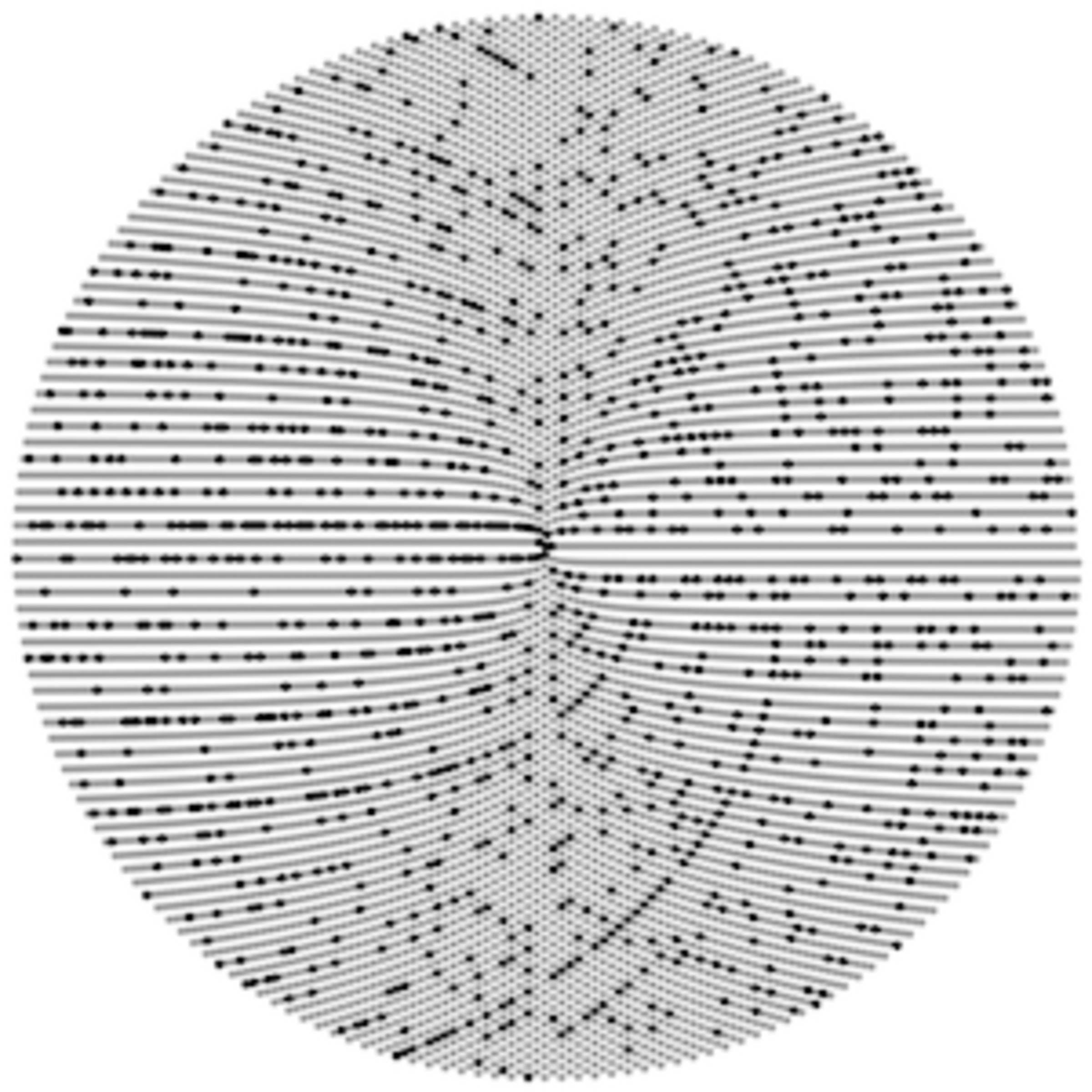Building integers

How many positive integers i < 1 0 0 0 are there such that they can be written as a sum of at-least one of the subsets of this set ?
The answer is 976.
This section requires Javascript.
You are seeing this because something didn't load right. We suggest you, (a) try
refreshing the page, (b) enabling javascript if it is disabled on your browser and,
finally, (c)
loading the
non-javascript version of this page
. We're sorry about the hassle.
3 solutions
I thought I might need to memoise for a quick result. Nope. Just using a SortedList was either enough or more than enough.
1 2 3 4 5 6 7 8 9 10 11 12 13 14 15 16 17 18 19 20 21 22 23 24 25 26 27 28 29 30 |
|
EDIT: Actually, upon reflection, it seems that the correct answer is 9 7 6 , not 9 7 7 . In my original python solution, I was including the empty subset in the powerset calculation, which adds 0 to the set of sums, and 0 is not a positive integer.
I solved this with a pretty quick and simple ad-hoc approach. In python:
from itertools import combinations
from itertools import chain
# From https://docs.python.org/2/library/itertools.html
def powerset(iterable):
"powerset([1,2,3]) --> () (1,) (2,) (3,) (1,2) (1,3) (2,3) (1,2,3)"
s = list(iterable)
return chain.from_iterable(combinations(s, r) for r in range(len(s)+1))
s = set([733, 854, 10, 397, 408, 238, 298, 741, 884, 499, 709, 938, 435, 930, 120, 125, 590, 300, 438, 209, 456, 686, 442, 296, 228, 655, 512, 652, 281, 926, 176, 222, 760, 961, 836, 606, 842, 802, 5, 359, 592, 327, 571, 161, 562, 533, 470, 446, 642, 583, 716, 886, 550, 192, 61, 65, 719, 452, 545, 792, 354, 77, 806, 870, 812, 491, 477, 346, 693, 406, 831, 201, 398, 790, 185, 713, 568, 182, 814, 822, 196, 604, 51, 682, 235, 166, 681, 151, 572, 778, 375, 513, 736, 413, 762, 259, 869, 537, 31, 936, 162, 839, 363, 811, 628, 764, 826, 744, 994, 19, 768, 380, 115, 154, 853, 728, 444, 178, 203, 956, 284, 779, 710, 119, 786, 626, 603, 745, 459, 66, 60, 160, 474, 914, 90, 640, 857, 85, 925, 797, 528, 981, 972, 402, 793, 819, 581, 429, 451, 885, 84, 931, 123, 647, 833, 593, 522, 163, 78, 772, 935, 957, 2, 960, 422, 314, 840, 684, 827, 71, 804, 503, 759, 975, 206, 619, 255, 117, 538, 180, 729, 582, 367, 72, 369, 667, 921, 113, 138, 698, 646, 286, 838, 348, 414, 577, 15, 757, 521, 187])
s2 = set(s) # Sums we know exist
# Add sums for all subsets of size 2 or 3, which are quite tractable
for c in combinations(s, 2):
if sum(c) < 1000:
s2.add(sum(c))
for c in combinations(s, 3):
if sum(c) < 1000:
s2.add(sum(c))
# Obviously, we can't brute force check all subsets - That would be 2^200 iterations.
# Fortunately, after checking subsets of sizes 2 and 3, the remaining [missed] values are few:
sorted(set(range(1,1000)) - s2)
# Prints: [1, 3, 4, 6, 8, 9, 11, 13, 14, 15, 18, 23, 28, 32, 35, 37, 40, 42, 45, 47, 49, 54, 57, 59, 64, 69]
# Thus, we can simply brute force check all subsets containing values < 70, and get complete coverage.
# There are only 11:
s3 = set([x for x in s if x < 70])
sorted(s3) # [2, 5, 10, 15, 19, 31, 51, 60, 61, 65, 66]
for c in powerset(s3):
if len(c) and sum(c) < 1000:
s2.add(sum(c))
# Finally, the answer:
len(s2) # 976
Muche easier solution, I think:
For each new number n of the list, add n to each possible sums so far.
We have to go from 999 to 0 instead of 0 to 999, because we don't want to add n to a result we just got by adding n previously.